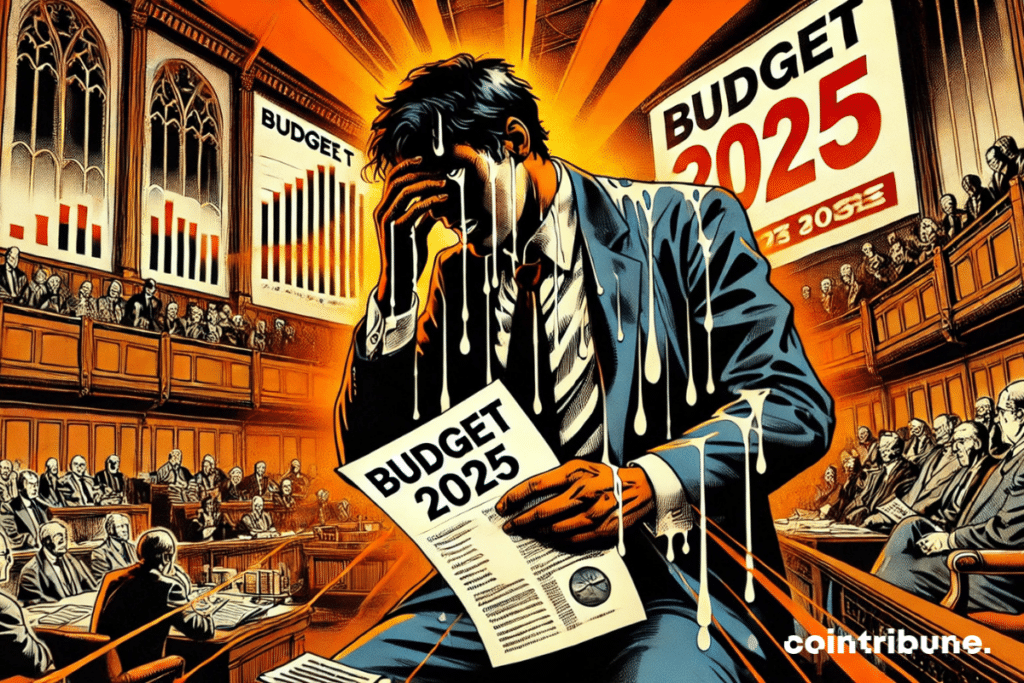France's Political Crisis: Government Implements Emergency Financial Measures
In a tense political context following the fall of the Barnier government, Parliament definitively adopted this Wednesday, December 18, the “special budget law,” allowing for the continuity of the essential services of the State from January 2025. This emergency measure, unanimously approved by the Senate, comes two weeks after the vote of no confidence that led to the government’s resignation.

Parliament approves the special budget law to prevent the paralysis of the State
Parliament took a crucial step this Wednesday with the definitive adoption of the special budget law, a minimalist text, but vital for the functioning of the State, as the 2025 budget already raises serious economic concerns. Approved the day prior in the Senate’s Finance Committee, this mechanism allows the State to continue to collect taxes and borrow to ensure its financing from the beginning of 2025.
This emergency solution is, however, only a temporary palliative, as emphasized by Jean-François Husson, senator of The Republicans: “This special law provides everything necessary for the State to perform its essential functions at the beginning of 2025, but nothing more.” The text must be urgently complemented by a complete budget.
The approval of this special law comes in a particularly delicate context for France’s public finances, as the “spread” between French and German rates continues to widen, reflecting increasing nervousness in financial markets.
Major issues pending
The adopted text does not address several crucial questions that are stirring the political debate in France. The oppositions are notably demanding the indexation of the income tax scale to inflation, but the limited scope of the special law does not allow for the inclusion of this measure. The future complete budget project will have to settle this essential question for the purchasing power of the French.
The schedule for adopting a new budget crystallizes the tensions in Parliament. While some, like the socialist president of the Finance Committee Claude Raynal, advocate for resuming discussions where they left off, other voices from the left demand a complete overhaul of the project.
Antoine Armand, the resigning Minister of Economy in France, warned of the consequences of prolonged delays: “Our deficit is still there, our debt is still there. The budgetary urgency will only worsen”.
Bercy is now working on developing a new budget project that it hopes to have adopted in February, failing which the country’s financial situation could further deteriorate. This race against time promises to be decisive for the economic credibility of France and its ability to meet its European commitments regarding deficit reduction.
Maximize your Cointribune experience with our "Read to Earn" program! For every article you read, earn points and access exclusive rewards. Sign up now and start earning benefits.
Passionné par le Bitcoin, j'aime explorer les méandres de la blockchain et des cryptos et je partage mes découvertes avec la communauté. Mon rêve est de vivre dans un monde où la vie privée et la liberté financière sont garanties pour tous, et je crois fermement que Bitcoin est l'outil qui peut rendre cela possible.
The views, thoughts, and opinions expressed in this article belong solely to the author, and should not be taken as investment advice. Do your own research before taking any investment decisions.